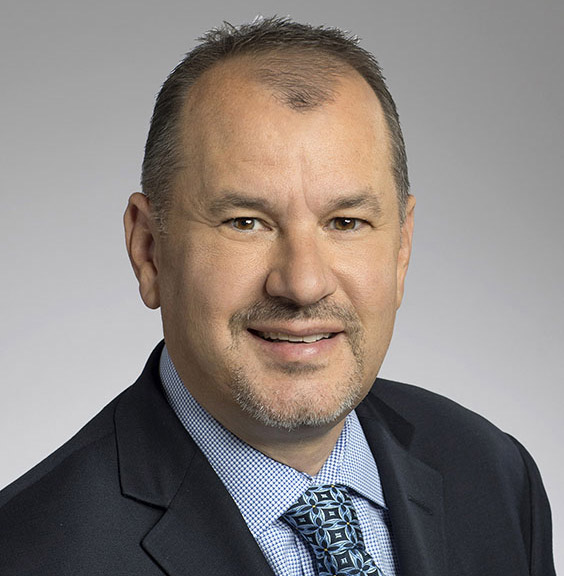
Charter’s HR Triple Play
HR Chief Paul Marchand Strives to Keep
Workers Happy, Productive, Engaged
By Mike Farrell
It’s a pretty simple equation—happy employees equal happy customers—but sadly, not every business can see the correlation. For Charter Communications EVP, Chief Human Resources Officer Paul Marchand, finding new ways to keep employees engaged, focused and yes, happy too, has been a mission for the past several years.
Marchand came to Charter in 2015 from PepsiCo, right around the time the cable company was about to make arguably the most transformative acquisition in its history—the purchase of Time Warner Cable—a move that quadrupled the size of its workforce and spread its influence to every corner of the country.
Marchand describes his early days at Charter as focused on integration, making sure best practices and operations gelled throughout the organization, adding that he was fortunate to be part of a company that already had a “high caliber of leadership and a proven playbook that served as a wonderful foundation for the HR function and for people at the company to progress in a positive way.”
A few years later, after most of Charter’s integration work was behind it, the pandemic came and with it a whole new list of concerns.
Under Marchand, Charter implemented several programs to ensure employees’ health and safety, established in-home and on-site testing for COVID-19 and modified practices and policies so employees that needed special accommodations received them.
As pandemic restrictions lifted, Charter continued to focus on employee growth and education, implemented a wage hike that raised minimum hourly pay to nearly triple the federal limit and expanded ways that workers could access the training needed to rise through the ranks.
“Our macro plan is to grow the wealth opportunities of our frontline workers to get them from renters to homeowners over time,” Marchand says about then 2020 decision to raise the minimum wage at the company to $20 per hour over a two-year period. Charter had earlier raised its minimum wage to $15 an hour in 2018, more than double the federal rate.
Marchand has also been instrumental in initiatives for underrepresented college students through Spectrum Scholars, which is about to announce its third class. He has also launched programs to recruit and hire veterans (Hiring Our Heroes and the US Department of Defense Military Spouse Employment Partnership.)
Charter EVP, Field Operations Tom Monaghan says Charter realizes its front-line workers are critical to its success, keeping customers connected and maintaining the more than 800,000 miles of network plant across the country. “It takes highly skilled employees to do this work successfully, and Paul and his team have been great partners in helping us redesign our benefits, training and career progression opportunities in order to build an experienced workforce and serve our customers,” he says.
Other plans underway are to expand Charter’s Tuition Assistance program and continue to pay the full cost of employee health care. And field operations employees with exceptional performance levels can complete online coursework to advance to the next level and can receive a $500 bonus and at least 10% wage hike upon successful completion. Career progression programs are also offered in the Customer Service, Network Operations and Sales & Marketing areas.